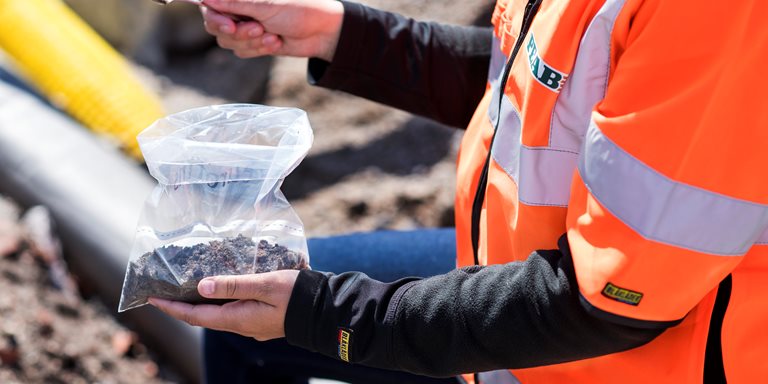At Peab we talk about our core values being “JUPP” . When you use that term as an employee, your colleague knows exactly what you are referring to. JUPP is about being Jordnära (down-to-earth), Utvecklande (developmental), Personliga (personal) and Pålitliga (reliable). It's about what we stand for and what demands we place on ourselves. But it is also our compass to good worksites, satisfied customers and profitable and sustainable business.
About the Code of Conduct
The Code of Conduct sets out how we make the right decisions in everyday life. It requires that you show respect for human rights, protect diversity and inclusivity, the environment and follow established policies, guidelines and rules. That you – and thus Peab as a company – act responsibly. The Code of Conduct is also the starting point for our work with continuous improvements, and is anchored through the locally produced community building.
Peab's code is adopted by the Board of Directors each year in conjunction with the board meeting dealing with the year-end report.


